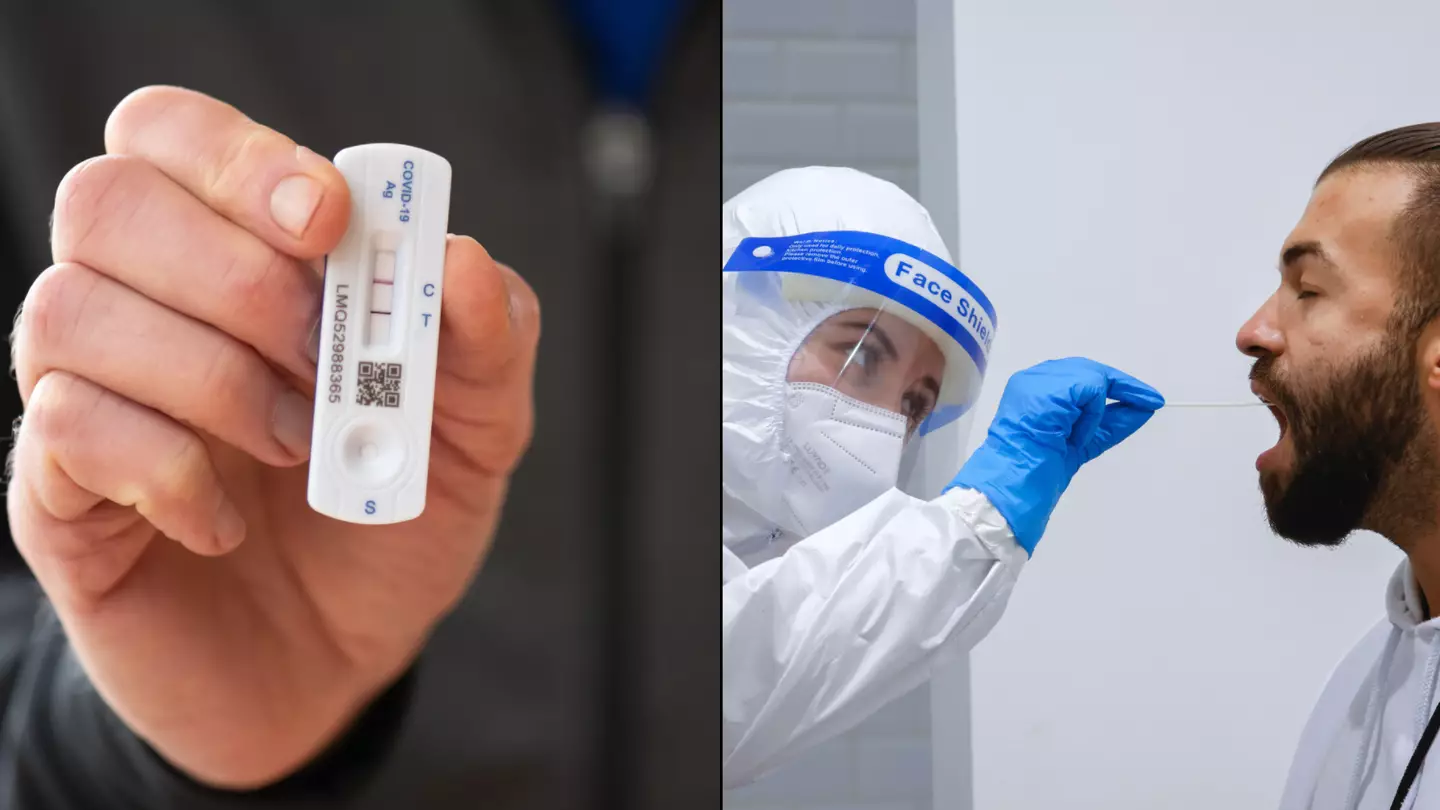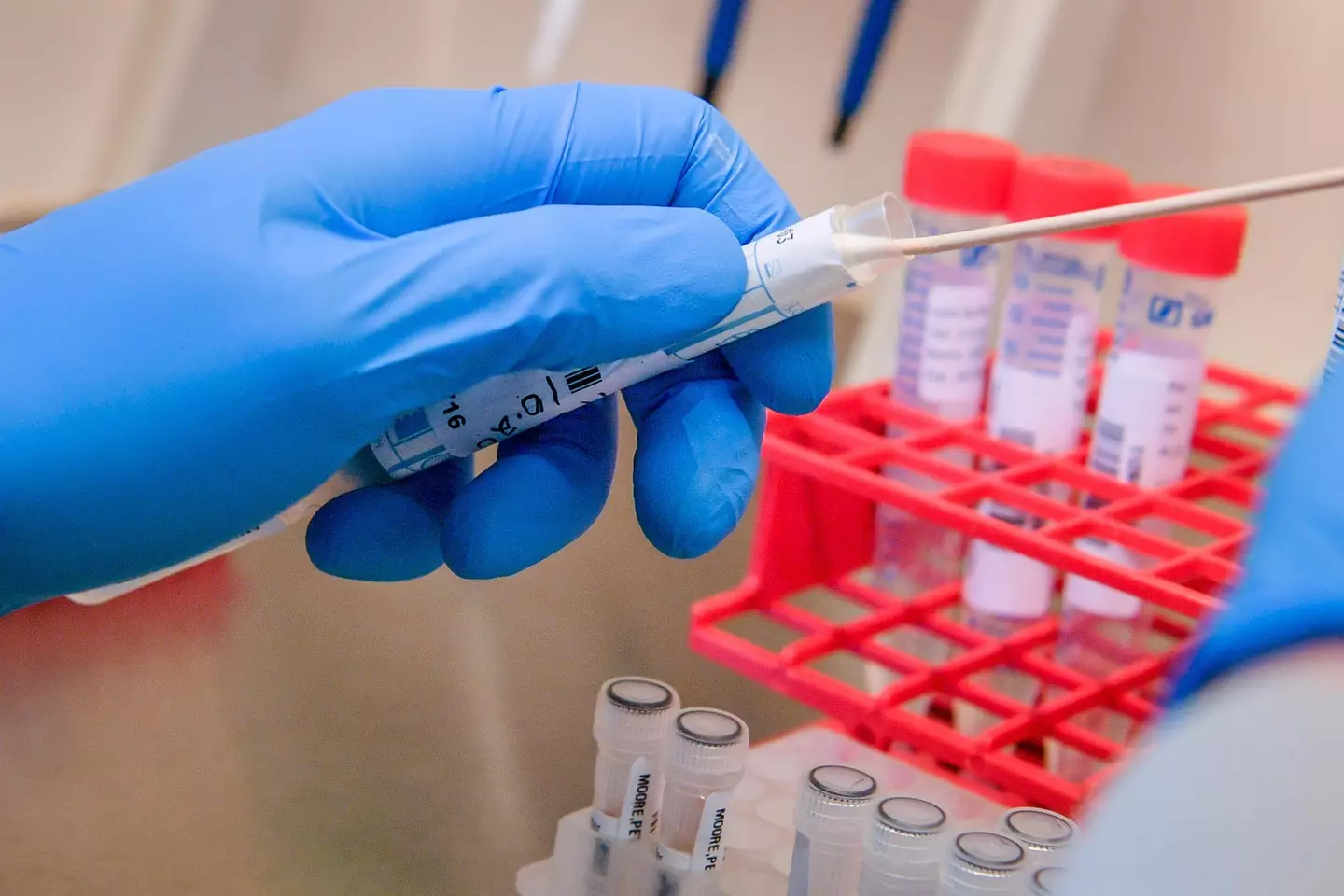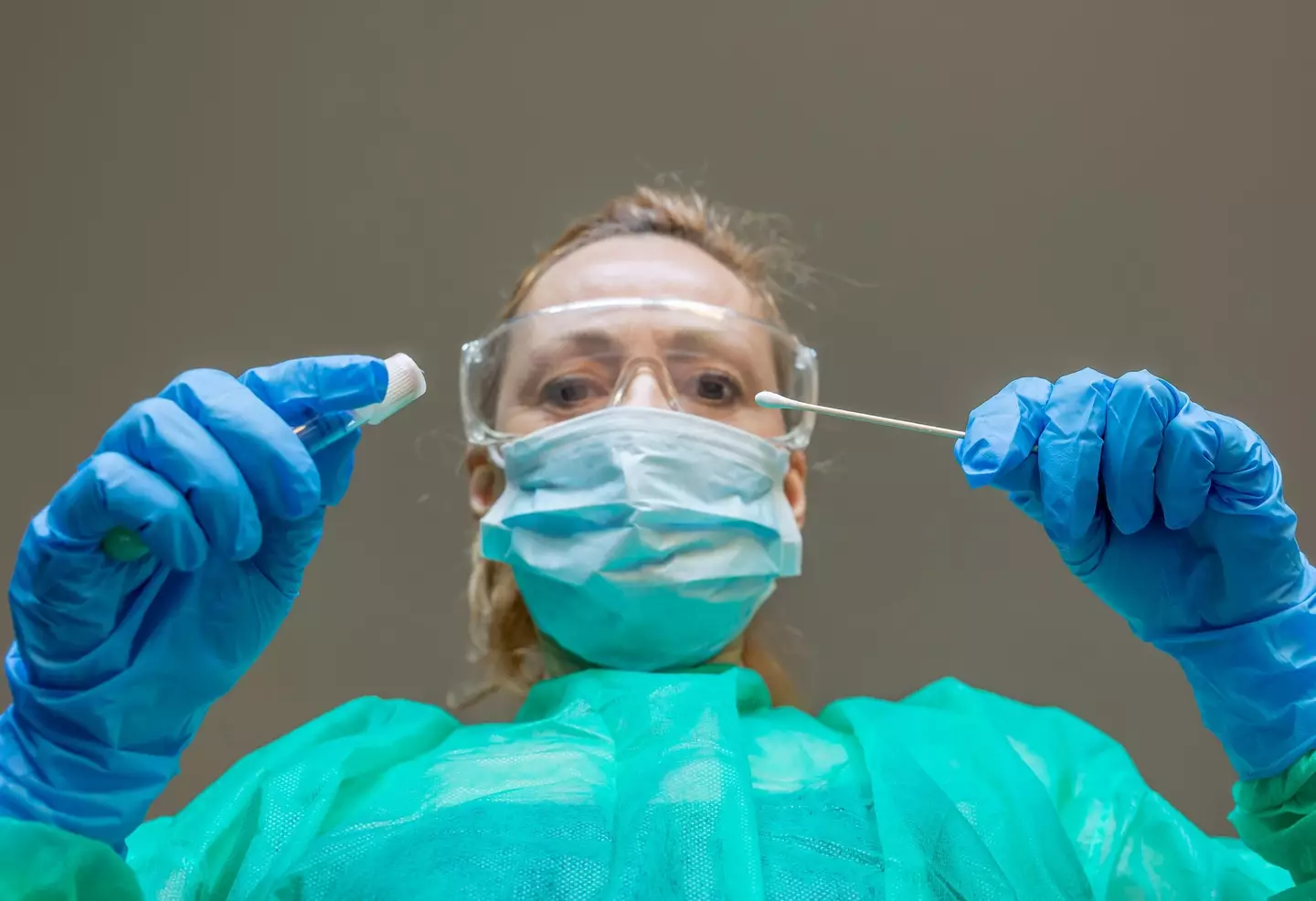
Scientists are still working seriously hard to discover exactly why some people don’t get Covid-19, and don’t get symptoms even if they are infected.
Ever since the world came under the grip of Covid-19 in 2020, people have been trying to figure out why some people simply don’t get the virus, and others can get it without being sick.
Obviously, the answer to that questions is of great importance and could help in the fight against the virus as things continue to progress.
Some researchers have argued that it’s just a roll of the dice, with a few obvious factors to consider such as age and ethnicity, but studies continue to search for a more scientific outcome, specifically by exposing people to the virus and seeing how they react.
Advert

In the UK, a company called Open Orphan did a study last year that took healthy younger people and exposed them to the virus before keeping them in a controlled environment for 17 full days, as well as waking them up at 6.00am and not letting them sleep until past 11.30pm.
Half of the 36 people in that ‘challenge trial’ never developed the infection and didn’t ever shed the virus.
The organisers didn’t think everyone would get sick – according to Dr Andrew Catchpole, who ran the study – as they only want between 50 and 70 percent to get ill, as that shows they’re giving a substantial but not unsafe amount of the virus.
The 18 people that got Covid didn’t need much, though.
There’s still work and data analysis to be done, but there’s no scientific answer just yet as to why some got sick and others didn’t.
Catchpole told USA Today: "[That's] the great unknown – the X factor that has yet to be discovered."
The likelihood is that there are actually many factors – some mentioned before – including exposure, genetics, and levels of immunity.

Catchpole said that those factors are ‘all factors which we are not aware of going on in our bodies and the environment which affect all these things.’
Another scientist, Florian Krammer, said that vaccination is obviously a great help, but reducing exposure is also important.
"It's really just a question of not getting exposed in the right amount," he said.
That’s why social distancing and mask wearing is good, regardless of what anyone says.
If you’ve had it, that also offers you some degree of immunity, too.
That doesn’t mean you should be going out there to get infected, mind.
On the off-chance that you’re one of those people who simply thinks they won’t get infected, you’re probably just waiting for the time.
Prabhat Jha, epidemiologist at the University of Toronto, explained: “Very few people seem to generally escape infection, it’s just a matter of time and the strain variation.”
Naturally, the scientists will keep working on it in order to get more satisfactory answers.
Topics: Science, Coronavirus, Health